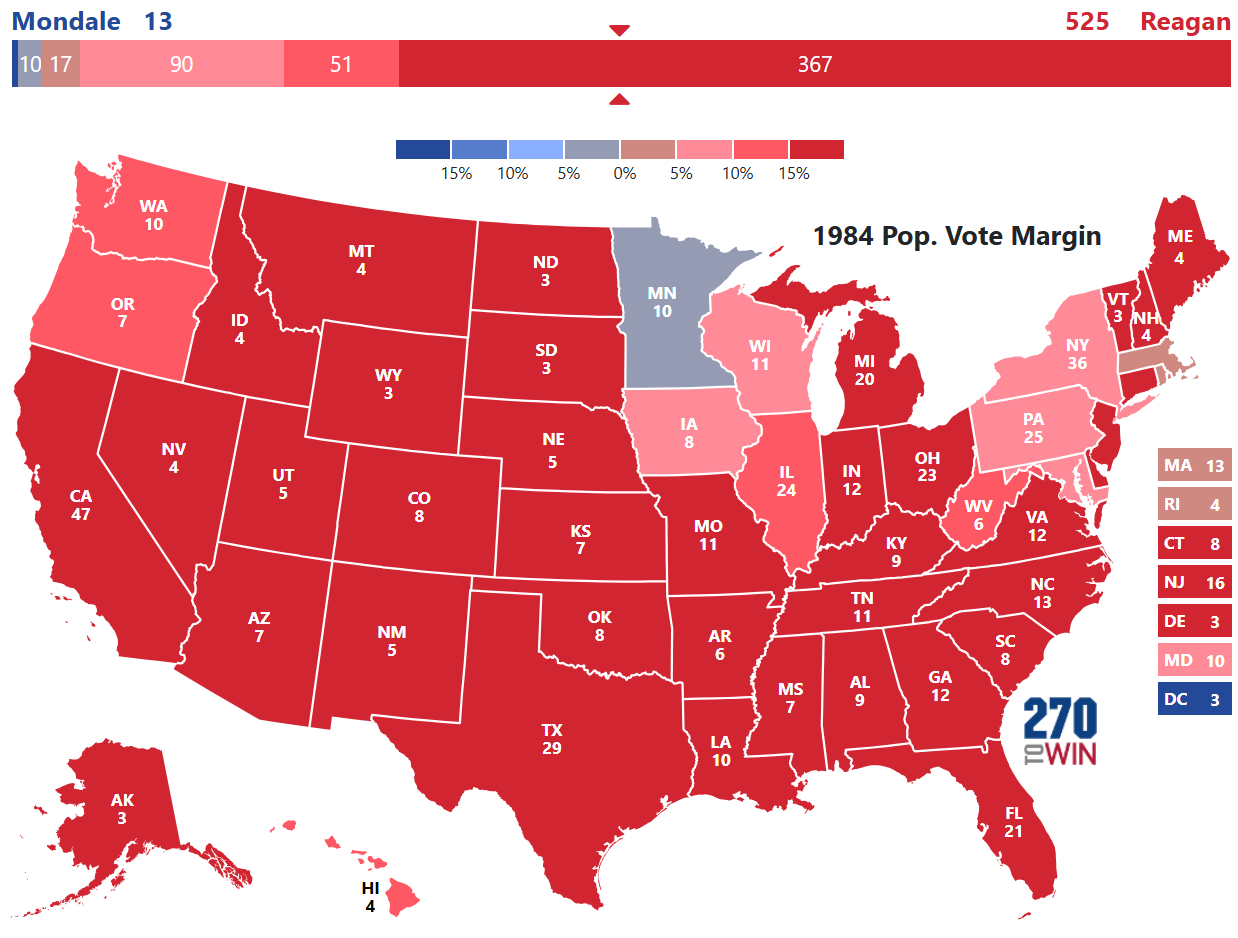Forty Two wrote:L'Emmerdeur - I don't disagree with your recitation above, generally speaking. I've not suggested slavery wasn't an issue. I've not suggested it wasn't a major issue. I took issue with the absolutist statement in the article under discussion.
Slavery was
the major issue, and secession happened because the South believed that the future of slavery was imperilled by the election of Lincoln. The Lost Cause school of thought downplays slavery entirely and champions "states' rights" as an ahistorical
post hoc justification.
By removing slavery from the list of sectional issues, Lost Cause adherents "decontaminated it [the Confederate cause] and turned it into something they could cherish"/"The assertion by the Lost Cause spokesmen of the insignificance of slavery in the sectional conflict seems outrageous and disingenuous in the light of nineteenth-century political history, of which Southern spokesmen were and are well aware."
[
source]
Forty Two wrote:To answer your question, the South attacked Ft. Sumter because it was a Union fort in South Carolina, which had seceded from the union, and rather than leave South Carolina, Lincoln opted to resupply the fort with a naval force. The south, which wanted the fort turned over to the South Carolina, was nonplussed by the reprovisioning attempt on the fort, so they attempted to take it by force.
Also, a power the federal government was attempting to take after secession was the right of the states to secede, for one thing. The states seceded from the union under the auspices of the notion that the Constitution was a voluntary compact among independent states and each state had the right to remove itself from that compact.
Again, a
post hoc justification. The South did not claim that their mythical "right to secede" was being impeded by the federal government, therefore they were justified in starting a war. The Union army did not invade the South until after the war was started by the South.
The original
Articles of Confederation established a "Perpetual Union," and the states of the South ratified those articles. The
Constitution did not negate the perpetual union established by the Articles of Confederation. Rather, it was a successful attempt to establish "a more perfect Union." The Constitution was also ratified by the South--from a legal viewpoint, there never was a "right to secede." See the Supreme Court ruling in
Texas v. White:
The Union of the States never was a purely artificial and arbitrary relation. It began among the Colonies, and grew out of common origin, mutual sympathies, kindred principles, similar interests, and geographical relations. It was confirmed and strengthened by the necessities of war, and received definite form and character and sanction from the Articles of Confederation. By these, the Union was solemnly declared to "be perpetual." And when these Articles were found to be inadequate to the exigencies of the country, the Constitution was ordained "to form a more perfect Union." It is difficult to convey the idea of indissoluble unity more clearly than by these words. What can be indissoluble if a perpetual Union, made more perfect, is not?
It is notable that in many of the documents of secession, legislators of southern states insisted on referring to the United States as a "Confederation," as a way of implying that secession was a legal course of action. The problem is, the confederation to which they had agreed was defined as a
perpetual union.
